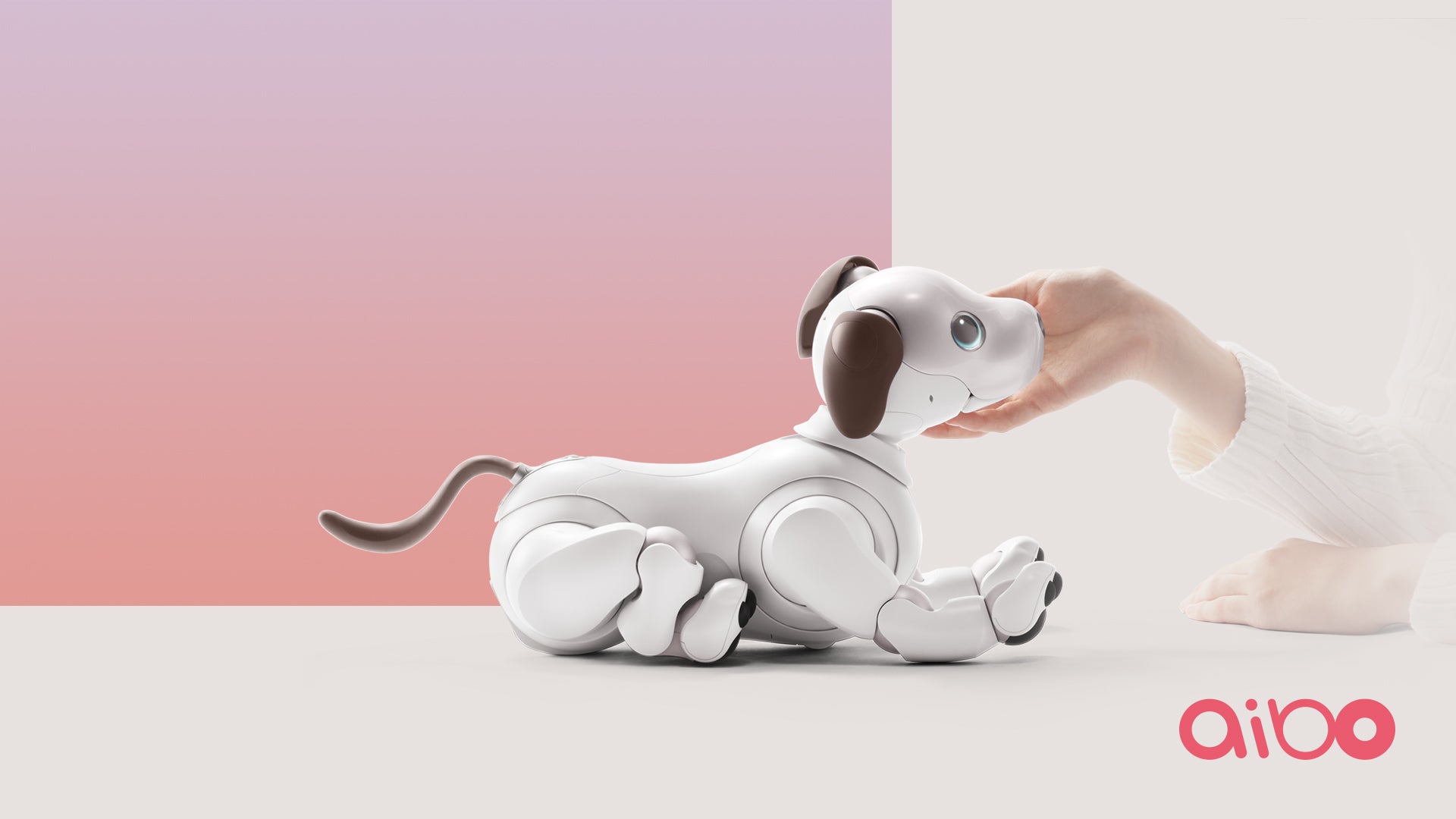
A UK study has shown how robotic pets, or ‘robopets’, can help combat loneliness among elderly care home residents.
The research found that robopets often acted as a conversation starter in care homes, leading to increased social interactions between residents. According to the charity Age UK, there are 1.4 million chronically lonely older people in the UK.

Access deeper industry intelligence
Experience unmatched clarity with a single platform that combines unique data, AI, and human expertise.
Researchers at the University of Exeter came to these conclusions after looking at evidence from 19 studies spanning across 900 care home residents, staff and family members.
However, the research showed that not everyone liked the robopets. Staff training is recommended to ensure they are used most effectively.
“Although not every care home resident may choose to interact with robopets, for those who do, they appear to offer many benefits,” said the study’s lead author Dr Rebecca Abbott, from the University of Exeter Medical School.
“Some of these are around stimulating conversations or triggering memories of their own pets or past experiences, and there is also the comfort of touching or interacting with the robopet itself. The joy of having something to care for was a strong finding across many of the studies.”

US Tariffs are shifting - will you react or anticipate?
Don’t let policy changes catch you off guard. Stay proactive with real-time data and expert analysis.
By GlobalDataFive different robopets were used in the studies: Necoro and Justocat (cats), Aibo (a dog, pictured), Cuddler (a bear) and Paro (a baby seal).
Co-author Dr Noreen Orr added: “It is not always possible to have a cat or a dog come into a care home, so robopets can offer a good alternative. Of course robopets are no substitute for human interaction, but our research shows that for those who choose to engage with them, they can have a range of benefits.
“A new wave of more affordable robopets may make them more accessible to care homes.”
Rise of the robopets
Robopets have proved popular in Japan, where various care robots are being used to assist with Japan’s ageing population.
While 80% of people in Japan feel positively about robot carers, the picture has been less clear in the UK.
But the Exeter University study suggests that robopets have a place in the future of care homes. More research is needed, though, said the researchers. They recommend future studies examine whether benefits are short-term or long-term.
Minister for Care Caroline Dinenage said: “Technology can never replace human interaction, but this kind of research is incredibly important to help us assess its benefits.”
One organisation that has seen success using Robopets is Care South, which part-funded the study. Simon Bird, chief executive, said: “At Care South, we are continually looking at ways to embrace technology, and evolve and enhance the care we provide to our residents offering the best quality care to help them feel relaxed and importantly, at home.
“We have been very impressed with the results we have seen with the introduction of the robotic dogs at Kenwith Castle and so have also introduced robotic therapy animals to our other homes. It is great to see that the research reflects our experience across our homes.”
The study, titled ‘How do ‘robopets’ impact the health and wellbeing of residents in care homes? A systematic review of qualitative and quantitative evidence’, was also funded by the NIHR Collaboration for Leadership in Applied Health Research.
Read more: When guide dogs and delivery robots meet







